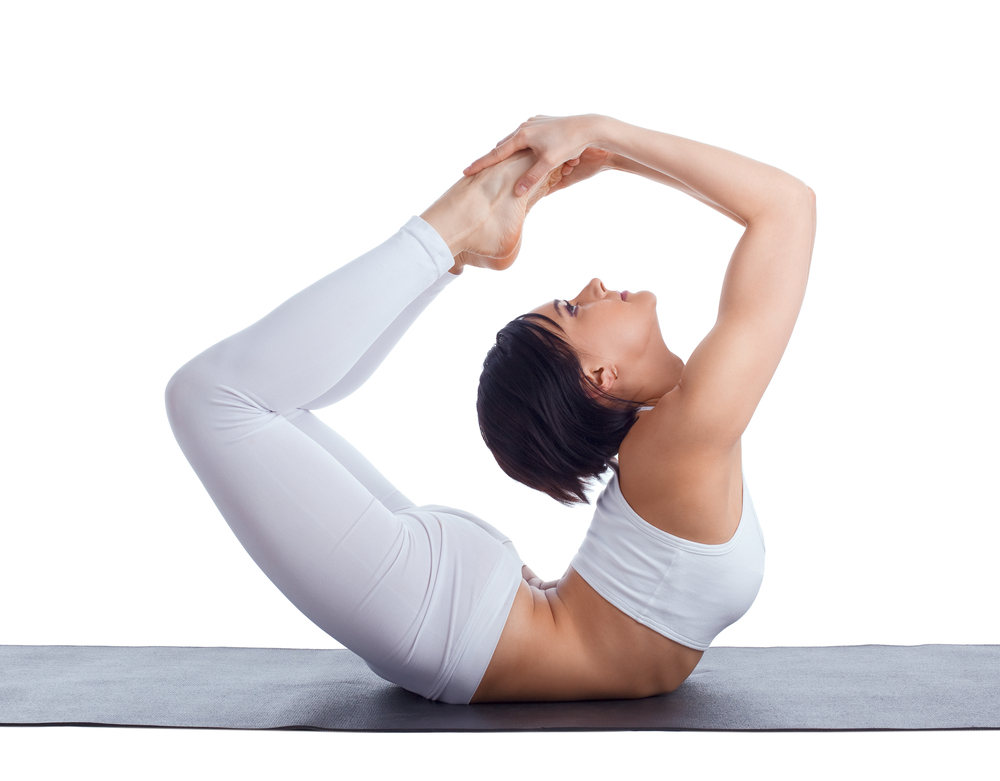3 Ways to Keep Yoga Risk-Free

I often recommend a beginner's level yoga class to clients who prefer to avoid more traditional forms of exercise. I do this because yoga offers a low-impact workout that can really bring about a total body change, if it's done regularly. But I know it's not for everyone.
Yoga is a mind and body practice with roots in ancient Indian philosophy. Although there are many styles of yoga, including Bikram, Ashtanga, Hatha and others, the most common forms focus on physical postures, breathing techniques and relaxation. It all sounds good, right? Well, it certainly can be for some.
Studies suggest that people who suffer from low back pain, for example, may benefit from practicing yoga. A study published in the journal Archives of Internal Medicine in 2011 found that doing yoga or another form of intensive stretching exercise helped improve back-related function and diminish symptoms of chronic low back pain. A 2012 study from the University of York showed that not only can yoga help with low back pain, but also that it's more cost-effective than other treatments, including prescription medication and visits to a physiotherapist.
Other research suggests that yoga may help people with mood disorders, such as depression. Several studies indicate that yoga may relieve symptoms of mild depression, even in people who aren't already taking antidepressants, according to a review published last month in the journal Frontiers in Psychiatry
If you're thinking about adding yoga to your workout routine, it's important to consider the following:
1. Research the instructor's credentials. Yoga is generally a safe, low-impact exercise for most people, but if the poses are performed incorrectly, there is a risk of injury. Yoga-training programs range from a few days to a few years in length and standards vary by style. Finding one that's right for you can be confusing. If you have any doubts, ask your doctor for a recommendation.
2. Check with your doctor if you have a medical condition. No two people are exactly the same, so even if yoga has been shown to relieve your condition in clinical trials, play it safe and talk to your doctor about the pros and cons of the practice.
Get the world’s most fascinating discoveries delivered straight to your inbox.
3. Carefully consider the yoga style before trying a class. Bikram yoga is also known as hot yoga because it involves moving in hot, humid conditions. This is not an ideal scenario for everyone, and people who choose to do Bikram must prepare by drinking enough water and wearing appropriate clothing.
Healthy Bites appears on MyHealthNewsDaily on Wednesdays. Deborah Herlax Enos is a certified nutritionist and a health coach and weight loss expert in the Seattle area with more than 20 years of experience. Read more tips on her blog Health in a Hurry!



